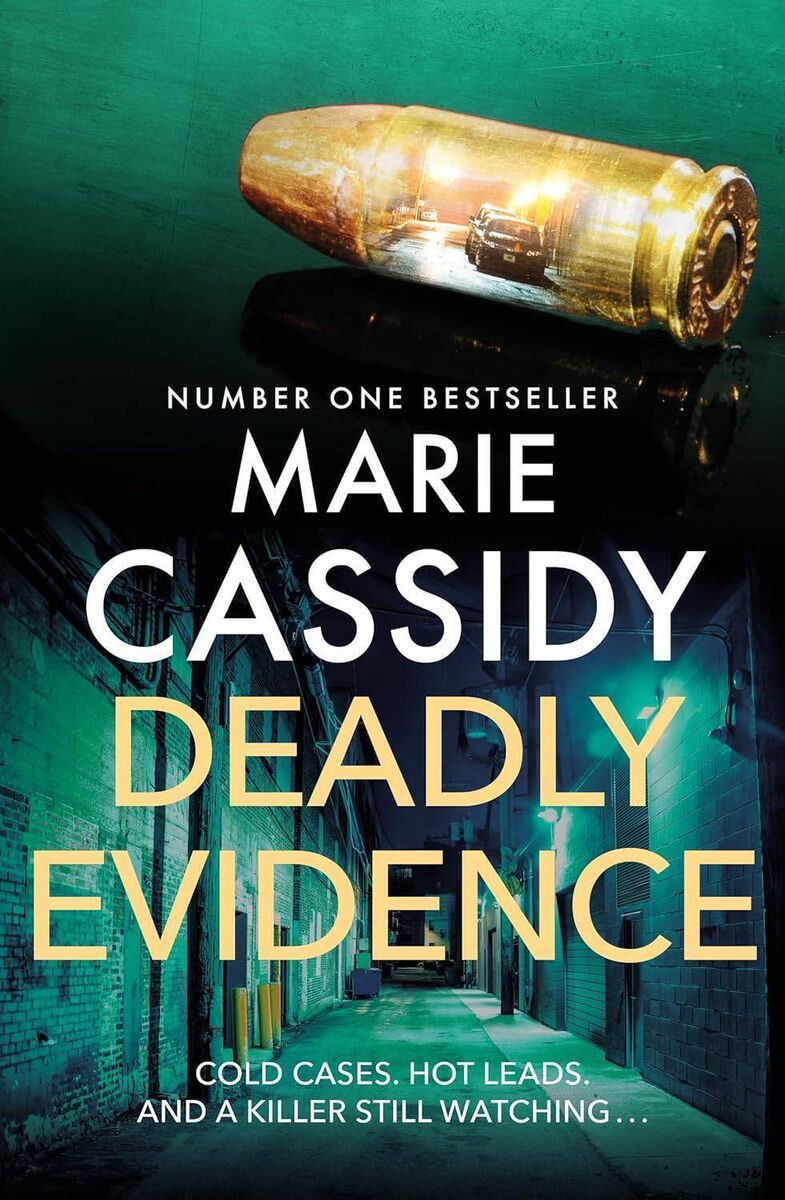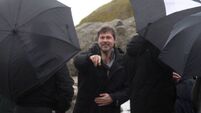Book review: Feisty, forensic Dublin thriller

Marie Cassidy is the author of two bestsellers: Her memoir ‘Beyond the Tape’ and her debut novel ‘Body of Truth’. File picture: Collins Courts
- Deadly Evidence
- Marie Cassidy
- Hachette Books Ireland, €16.99
opens with state pathologist Terry O’Brien giving evidence in Ireland’s Central Criminal Court, shortly followed by the discovery of the mutilated body of a member of An Garda Síochána in an area of Dublin associated with gangland crime.

She has also made real friends during her previous time in Dublin. However, you still fear for her as well as support her as she refuses to allow those in power to deflect her from what she is going to do.
BOOKS & MORE
Check out our Books Hub where you will find the latest news, reviews, features, opinions and analysis on all things books from the Irish Examiner's team of specialist writers, columnists and contributors.


